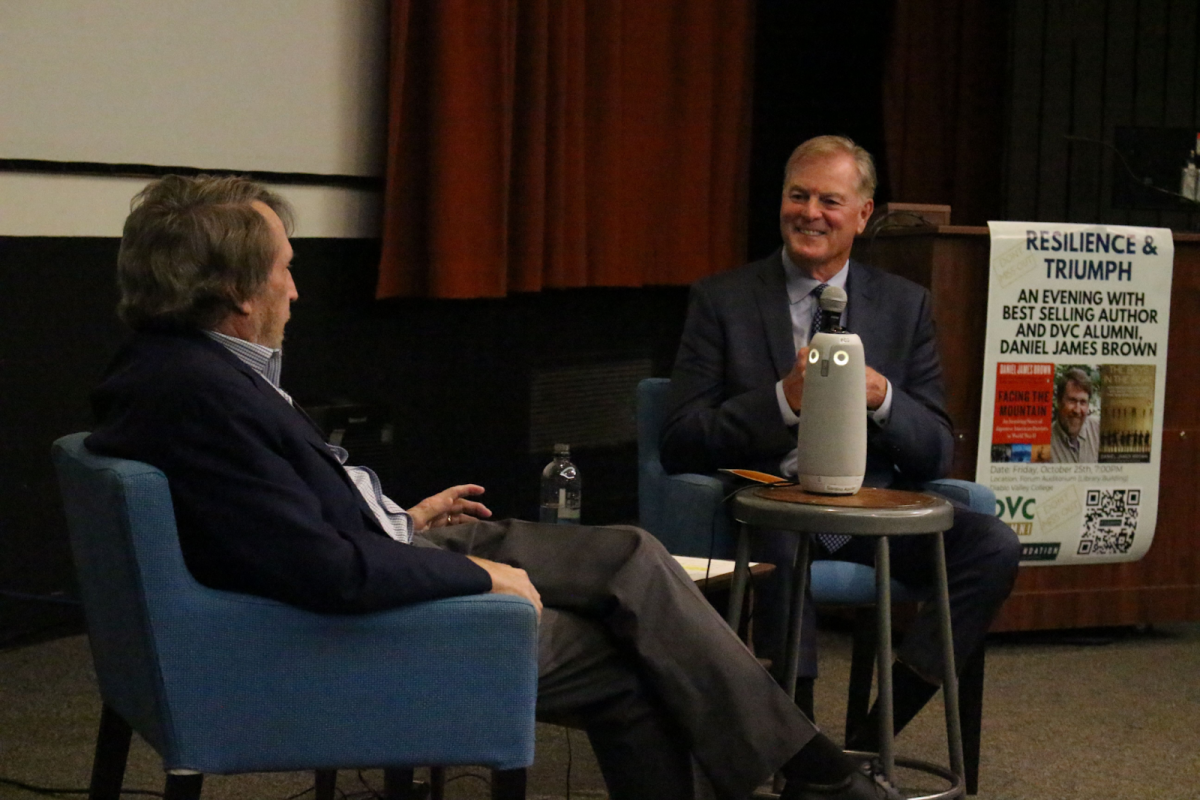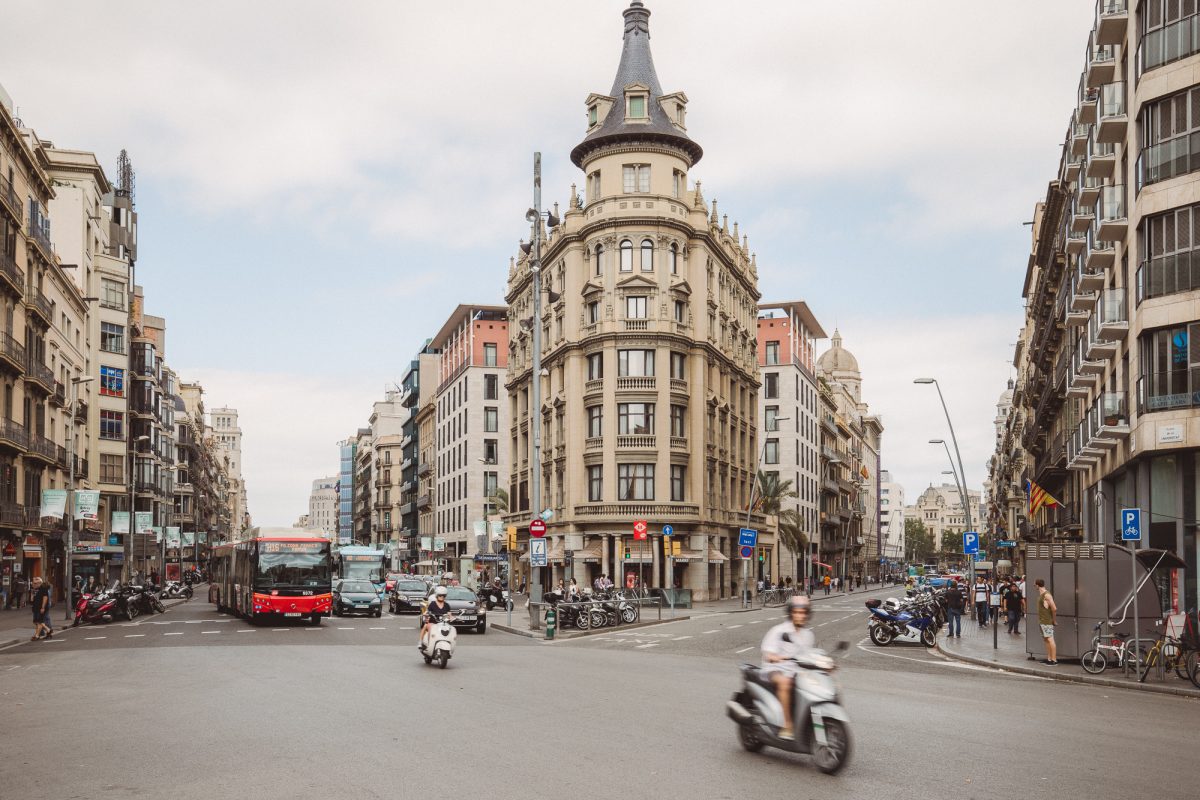In an era of increasing global mobility, many individuals consider moving from the U.S. to cities worldwide for a more relaxed and fulfilling lifestyle. For this reason, I, along with other college students, chose to study abroad this fall for three months in Barcelona, Spain.
Arriving in Barcelona in September was terrifying as much as it was exciting. I was all alone, yet touching a foreign land gave me relief — maybe because I looked forward to incorporating la siesta into my daily life.
The contrasts between here and the Bay Area couldn’t be more pronounced in terms of lifestyle. The leisurely pace of life in Barcelona, compared to the fast-paced hustle and bustle back home, offered me and others a strikingly new experience.
“I feel like I knew it was going to be different. There’s more peace in the air,” said Millie, a student from Santa Rosa Junior College who is also currently studying here in the Catalan metropolis. “The people around you aren’t feeling the pressure of feeling the need to survive.”
While that might not be entirely true, profound differences do stand out. The 24/7 work culture in the U.S., especially in major cities like New York, Los Angeles, and Chicago, means many Americans are always on the move, juggling career ambitions with family and personal commitments.
Often people in the U.S. go to work from nine to five and still come home to more work, which interferes with their personal life and makes it harder to connect with loved ones. According to Worklife VC, America’s fast-paced lifestyle can “make it difficult for employees to disconnect from work, leading to employee burnout, stress, and other negative health effects.”
Before coming to Europe, I worked as a server, balancing school, work and personal life. On my first night here, I went to a restaurant with other students. We ate and chatted for hours after we were done. When we realized this, we were suddenly worried. “Our server is going to hate us,” said one girl.
Yet that was not the case. Here in Spain, there’s a relaxing tradition called sobremesa, which occurs after eating a meal with other people. When you’ve finished a meal, it’s considered rude to get up right away and leave. The sobremesa is an open conversation, without pressure to leave. This may seem like a nuisance to the waitpersons and staff, but it doesn’t affect them at all.
One reason is because servers here make a salary and don’t rely on tips to survive. This helps eliminate the competitive nature of dining — where time is money — and results in a more satisfactory experience for both customers and employees. Eating out my first night gave me a peek into the future of my daily life, one surrounded by a new sense of peace.
Vanessa Franco is a staff writer for The Inquirer. She is studying abroad this semester in Barcelona.












































































